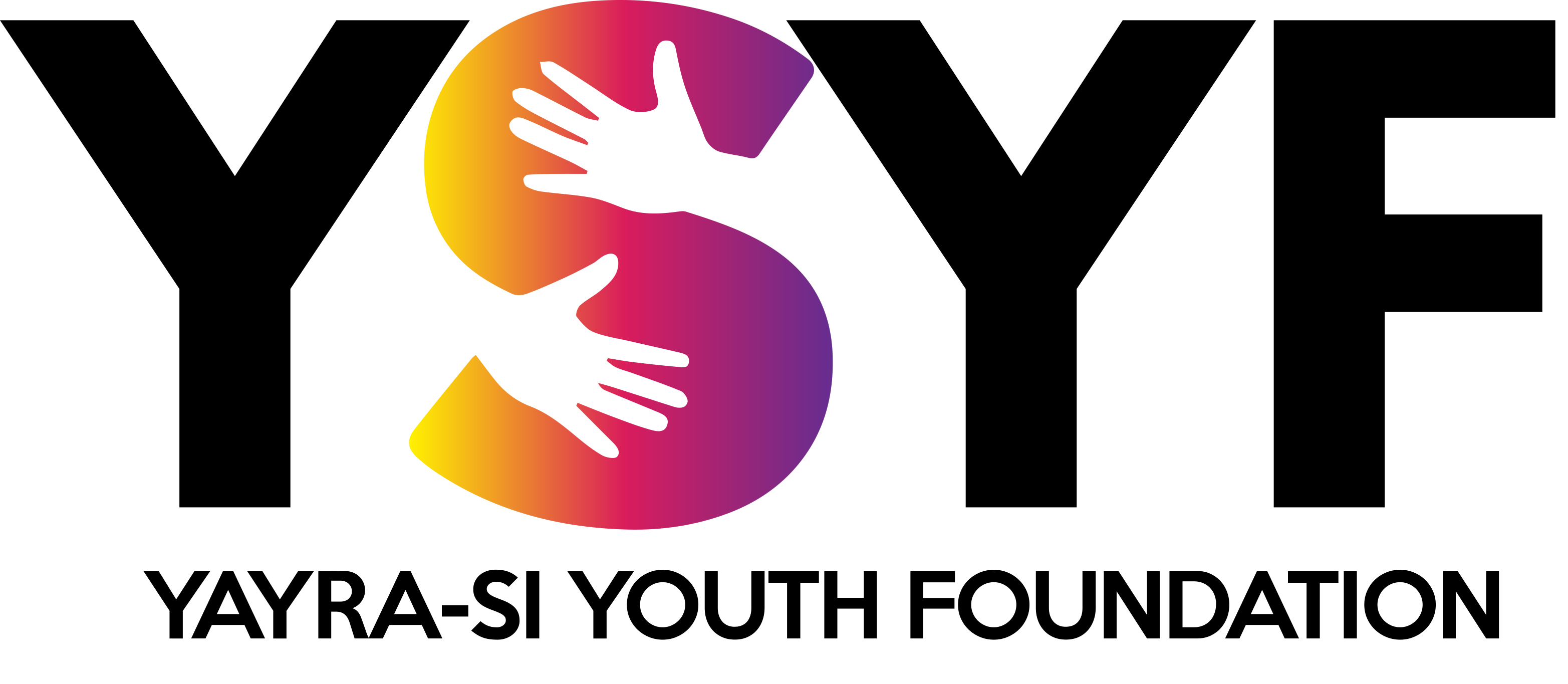On August 4, 2019, Ms. Esther Naa Ankrah and Ms. Sauliha Alli organized a health seminar at The Methodist Church in Doryumu to educate the community on reproductive health and hygiene. The event benefitted over 400 men and women, who came from the nearby villages surrounding the Doryumu township in the Shai-Osudoku District of the Greater Accra Region of Ghana.
Doryumu is a medically underserved village that is currently facing an alarmingly high rate of teenage pregnancy.
“According to a survey conducted by Women in Law and Development in Africa (WiLDAF) in 2018, 60% of young men and women in the community are involved in some form of child marriage,” Alli said in an interview.
“When my Co-Chair, Naa Ankrah, invited me to visit the community in June, I was surprised by the number of young, single mothers I met. I knew that we needed to hold a forum to discuss reproductive health issues in the community and provide education to families.”
Alli and Ankrah quickly began working to organize a health outreach seminar with the local
Assemblyman, Mr. Jacob Buertey. The seminar, which was sponsored by Biology Students’
Association at the University of Toronto Scarborough, Society for Women Against AIDS in Africa (SWAA), One Love Media, and Service to Humanity, educated the community on family planning and hygiene.
Some Chiefs who graced the programme representing the various “Heowe” Clans in Doryumu opened the durbar by appealing to residents to put an end to the longstanding practice of teenage pregnancy in the community.
Mr. Jonathan Banini, Assistant Superintendent of Police from the Ghana Police Service spoke on the security measures taken in Doryumu to ensure reproductive health, including defilement, investigation and rape.
Community Health Nurses from the Ghana Health Service at Doryumu provided education on the importance of delaying sexual relations, and the various family planning options available to couples. A live demonstration on the use of male and female condoms was offered by Ms. Gloria Ama Dei-Tutu, President of SWAA, who also emphasized that only condoms can offer appropriate protection against sexually transmitted infections. Free male and female condoms were also provided to all attendees, the latter of which was subsidized by SWAA.
Poor sanitation practices, including open urination and defecation, are also widespread in Doryumu. To prevent infection, education was provided to residents on hygiene and handwashing using a Veronica Bucket.
“This seminar to address teenage pregnancy is the first of its kind to be offered in the community since the last 15 years,” King said in an interview. King served as Master of Ceremony for the program and was actively involved in organizing the event.
Event Co-Chair Ms. Esther Naa Ankrah, who has been teaching vocational skills to a group of young women in the community since February, stressed the need for organizing health seminars like this on a regular basis at Doryumu.
“One event will not solve all of the reproductive health issues present in the community. To really change the narrative of Doryumu, continuous education must be provided,” Ankrah said.
She added that while the funding for this event came primarily from Canadian organizations, the initiative can only be sustainable with financial support from Ghanaian governments and institutions.
“The seminar we organized today has allowed us to raise awareness about reproductive health issues at Doryumu, but in doing so we have only scratched the surface. More action needs to be taken to ensure that young women are able to complete their education and gain financial independence prior to becoming mothers—only so will the socioeconomic status, and in turn health outcomes, of the community change.”
Other articles on this event at:





